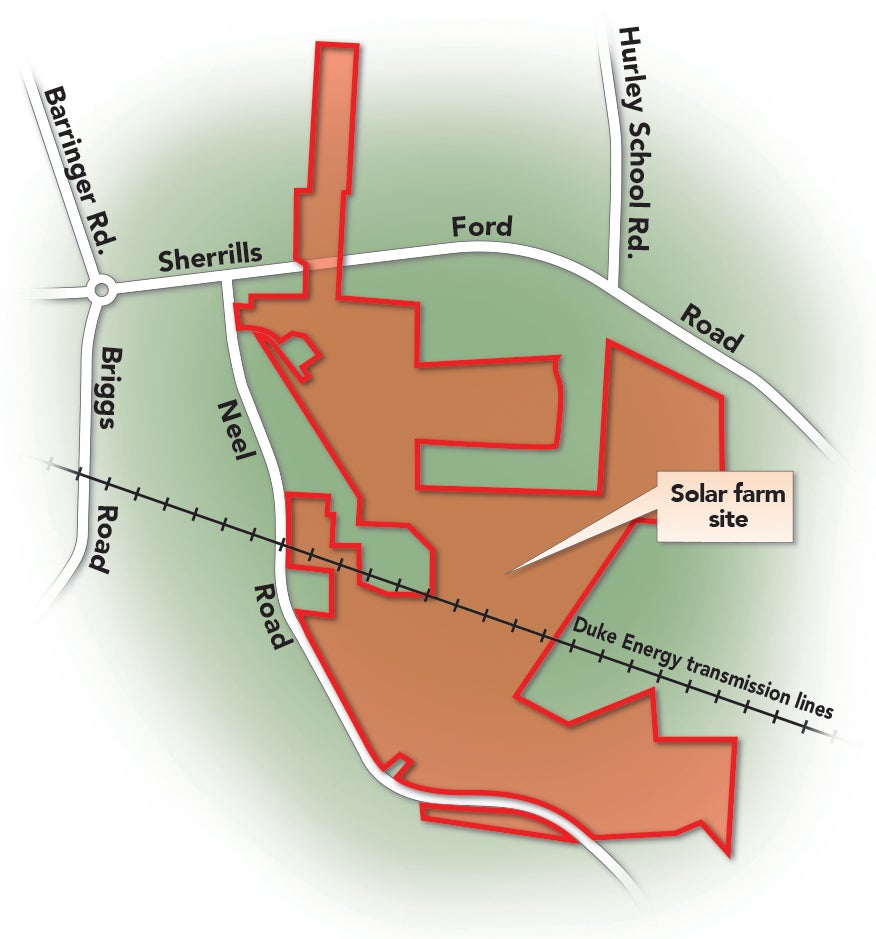Editorial: Solar farm wasn’t bad option for western Rowan
Published 12:00 am Wednesday, October 9, 2019

- Andy Mooney / Salisbury Post
There are few winners in news that a massive solar farm proposal has been withdrawn.
The solar farm would have brought tens of millions of dollars in investment, created a sustainable source of energy, required little in the way of emergency services and been a better, quieter use of the land than most types of development.
It’s unfortunate that developers found questions by Rowan County commissioners to be indicative of a coming denial. The statement by developers in a letter received Monday night that “board members, through their questions, demonstrated that they were not ready to issue the (conditional use permit) for this project” seems like an overreaction.
We believe commissioners were simply doing what voters put them in office to do — scrutinizing a major development. And commissioners would be derelict in their duty if they failed to ask tough questions about a development that would cover most of a 428-acre tract in western Rowan County.
By missing out on the solar farm, at least for now, county government will lose tax revenue, land owner Harry Welch Jr. will have his plans dashed for a second time (he previously hoped to build a golf course) and developers will lose out on a major project.
If there are any winners, it’s folks saying “not in my backyard.” But that win may be temporary. Welch told county commissioners last month that he’s been tasked with finding a use for the property, which is connected to the estate left by his father, Harry Welch Sr. That the solar farm proposal was withdrawn only means there will be no development for now.
Mooresville Road is a short distance away form the property. There are plans to widen it close to Salisbury. And as Salisbury and Rowan County grow, it stands to reason that developers will look to the corridor between Mooresville and Salisbury.
Those opposed to the solar farm development could be saying “not in my backyard” to something else in the future. Because of the long-held belief that growth taking place in Iredell and Cabarrus counties will eventually move to Rowan, the “not in my backyard” fight hasn’t necessarily ended.
And Welch told commissioners during last week’s meeting that he could cut down the forested area on the 428 acres at some point in the future for the timber money.
Ultimately, it’s Welch’s property. Unless the zoning doesn’t match with a proposal or it interferes with someone else’s rights, he can do with the land what he likes. Considering that there’s a wide range of other potential uses from which Welch could choose, a solar farm was good option, if commissioners ensured proper screening and other conditions.


